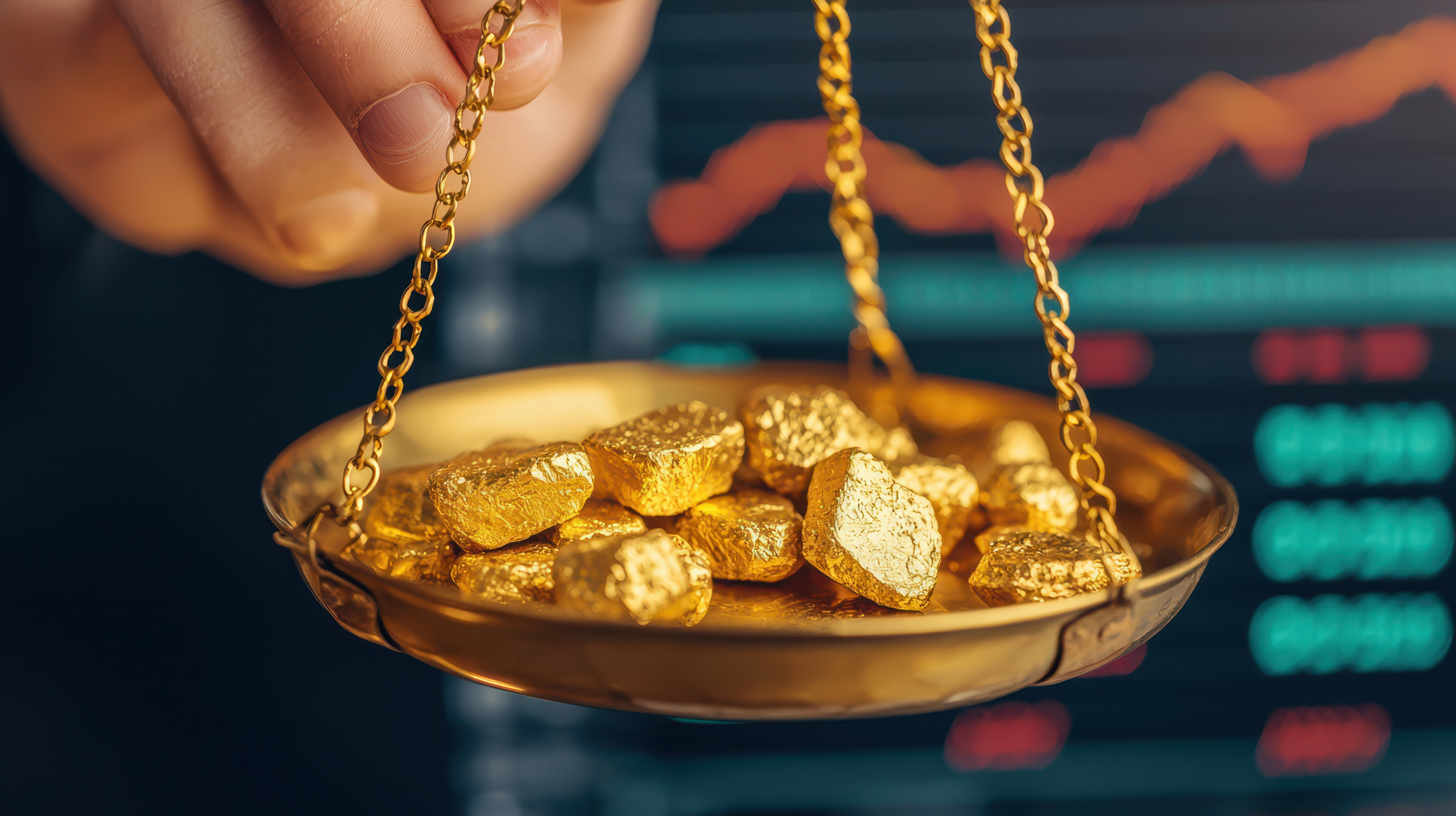7 Key Things to Consider when Purchasing Precious Metals
7 Crucial Tips to Know about Buying Precious Metals
Precious metals can be a smart long-term investment and a good addition to your investment portfolio. However, whether they’re interested in purchasing silver bars or they want to buy gold bullion, Scottsdale residents should know a few key tips to consider before investing in or purchasing precious metals.
1. Physical Precious Metals Are Different than Paper Investments
There’s a difference between physical precious metals you can hold and store and investments tied to gold and silver prices. Yes, precious metals prices are based on spot prices, but they’re also based on metal content and other factors that don’t apply to paper investments.
2. You Shouldn’t Buy Precious Metals with a High Markup
It may be tempting to buy precious metals that are specially designed or ones that commemorate special occasions. It might be a good idea to avoid such purchases, since you’ll be paying a higher market value for them than what the actual value is for the metal itself. If you sell these precious metals, you may only get the melt value at most. Opt for standard precious metals that are easier to trade and sell.
3. Being Functional and Practical Is Key
Larger bars can seem like a good buy, although there are some things to consider first. For one thing, you can’t easily trade or sell larger bars. Many buyers prefer smaller bars that are easier to store and less expensive. You’ll get more for your investment dollars with practical and functional purchases. Smaller bars are also easier to store, display, and carry.
4. ROI Is an Important Consideration
The return you get on your investment depends largely on supply and demand. If you’re selling gold and silver bars, for instance, it’s much easier to get a nice return for your investment dollars. If you invest in palladium or platinum, however, these precious metals only represent a small portion of the precious metals market globally. You may want to consider looking for investments that are more liquid, such as gold and silver.
5. You Shouldn’t Be Too Concerned with Purity
All bars and coins have certain purity standards. However, don’t be too concerned with purity levels. Certain coins, such as the American Eagle designs, contain other metals to improve strength. Gold, for example, is soft in its pure state, so it needs to be mixed with other metals to produce a durable bar or coin. You want to invest in something that’s not going to be easily damaged.
6. Most Purchases Don’t Need to Be Reported
Don’t be fooled by offers for coins or bars that are touted as being “nonreportable.” The truth is most transactions involving bullion don’t need to be reported. The only exception is cash transactions involving purchases of $10,000 or more.
7. Unique Buying Opportunities Are Out There
Lastly, look for precious metals that are a solid investment for the future. For instance, coins or bars that are no longer minted or ones with historical significance are often sold at a higher price than what was originally paid for them, especially among collectors.
When they’re looking for the best place to buy gold bullion, silver coins, or platinum bars, Scottsdale precious metals collectors should reach out to the trustworthy professionals at First National Bullion. We can answer all your questions and help you find all the information you need on how precious metals can be a valuable part of your portfolio. Give one of our experienced dealers a call today.
The statements made in this blog are opinions, and past performance is not indicative of future returns. Precious metals, like all investments, carry risk. Precious metals and coins may appreciate, depreciate, or stay the same in cash value depending on a variety of factors. First National Bullion does not guarantee, and its website and employees make no representation, that any metals for sale will appreciate sufficiently to earn the customers a profit. The decision to buy, sell, or borrow precious metals and which precious metals to purchase, borrow, or sell are made at the customer’s sole discretion.


